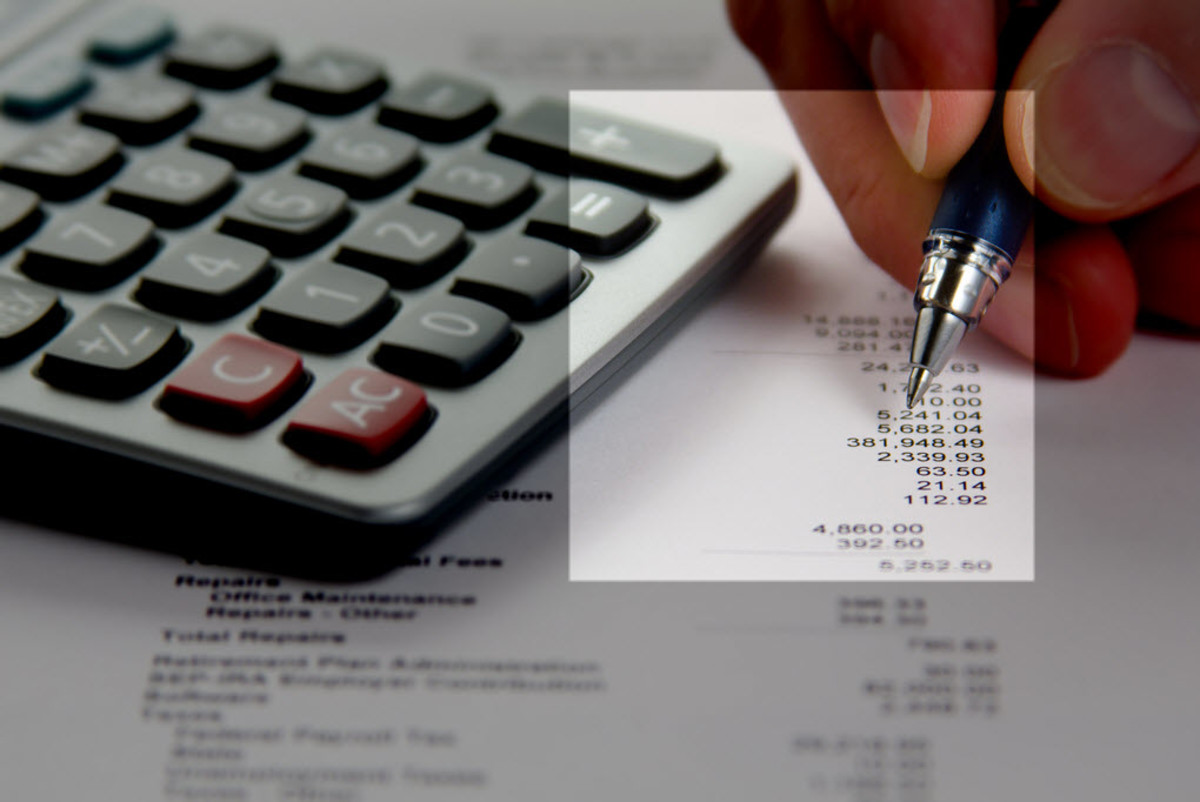Financing a New Car

The Cost of a Car
One common purchase that just about all of us make at one time or another in or life is that of an auto purchase. Rather than examine which manufacturer produces the best product, let’s look at the purchase of a car from a financial perspective.
To Buy or Lease ???
Most of us realize that with the exception of a classic collector car, most auto purchases lose value from the moment we drive the car off of the lot. Most cars tend to lose approximately 50% of their value at the end of three years. After that the depreciation begins to slow. When examining the cost benefit analysis of buying versus leasing, it is often a question of lifestyle. If you’re someone who tends to buy a new car every few years leasing is often the better solution. If you purchase a car for 30k, the resale value is likely to be closer to 15k by the end of year three. It is quite possible that you can negotiate a three year lease for a total out of pocket cost of about 15k. The benefit of the lease is simply walking away and starting off with a brand new car every three years for a fairly nominal additional cost.
The leasing process can have some added cost such as having the auto pass an inspection when turning it back over to the leasing company. It’s not uncommon for the leasing finance company to come up with some excessive costs for minor wear and tear. Generally if you’re re-leasing another car from the same company these costs are waived. If not, as long as you haven’t seriously damaged the car, you can negotiate most of those expenses away anyway. You don’t ever want to put down money up front on an auto lease beyond the required costs for tax and title. Remember that you’re not building equity and don’t own the car. If the car is totaled in an accident the lease will be satisfied by the insurer, yet you will lose your down payment. That means the minimal money up front means the higher residual. Every lease has a residual buyout at the end. If you negotiated the lease well the residual buyout is high. On occasion the residual may be higher than the market value. If that is the case often times consumers will find that when they attempt to negotiate a lower buyout with the leasing company that the finance company is unreceptive. Most consumers are unaware that the finance company often holds a separate insurance policy on the value of the residual. If the car has a lower market value than the residual, they get reimbursed the difference. Therefore it is more cost effective for them to refuse to negotiate, cash the insurance policy and then put the car back on a lot and try to resell it at current market value.
If you’re someone who is likely to keep a car for at least 5-6 years, then most often the purchase option is a better solution from a financial perspective. You’ll be payment free in 3-5 years. If you’re someone who puts a large number of miles on a car, leasing can get expensive as well. Typically leasing can limit annual mileage to 12-15k miles per year. Some individuals simply are inclined to work on their own car from the standpoint of maintenance and aren’t concerned about a car being under constant warranty. And in many cases they are not particularly concerned with having something new every three years. If you’re someone who is likely to buy a car, be aware that a number of companies throughout the year have options to finance a car through the manufacturer directly at or close to 0%. In such cases, even if you have the cash on hand, it typically will pay to finance the car. Buying a car for 30k when the finance rate is zero is simply equal to driving around with 30k in the trunk of your car. In instances where the promotional finance rates aren’t there, it’s a good idea to start shopping for a loan rate before you negotiate a price for the car. If you’re already approved for a competitive loan rate, the dealerships financing company is forced to be more competitive. If they can’t be, you’ve already obtained a decent rate.
When it comes time to actually purchase or lease the auto, an excellent resource is http://www.edmunds.com/. Hopefully we have all been trained well enough to know that we don’t pay the sticker price in the window for the car we want. Edmunds will allow you to build out the car in terms of make, model and features. Once you have created all the features that are important to you, you can then check the average sale price in your area by zip code. Additionally you can look beyond the MSRP and actually see the dealer invoice. In reality most dealerships make money on the volume of sales and other services the dealership provides. If you properly negotiated the price of the car, you shouldn’t be paying much more than $150-$300 above the invoice price the dealer paid to put the car on the lot. If you’re leasing the car, add the same $150-$300 to the invoice and then divide by 2. That should be about your total out of pocket on the lease over a three year period.
Lastly be conscious of the finance officer at the dealership. Whether a purchase or a lease, this is where they really make money on you. They’ll offer you all kinds of features and or service plans with the car for a few dollars extra in your payment. While many of the features offered might be attractive, be careful what you pay for them. I was once offered by a finance agent the ability to add an auto start on my car for a mere $20 more per month on a three year lease. That’s $720.00 !!! considering that an auto start is typically professionally installed for $300-$350, you can see the hidden traps.
Like any purchase, take your time and do your due diligence from a financial perspective. Buying a car is a big expense. The good news is it tends to happen more than once in your life. So if you’re not happy you’ll probably get another shot at it.
Suggested Reading
- Chasing Dividends...Buyer Beware
One of the most common mistakes of investors is to select investments exclusively on the basis of historical track record without a forward looking forecast. Even more common as of recent is to look at the dividend yield of a security and utilize... - How to Understand the Municipal Bond Market
The bond market is the largest public securities market in the world, and substantially larger than the stock market. When investors allocate assets in their investment portfolios, often times those in higher tax brackets will opt to utilize... - Should I Collect Social Security Early ???
When the opportunity presents itself to collect Social Security benefits early, there are often numerous factors to consider. The definition of early is typically age 62. The most common answer is… yes you should. However, not always since as with... - Passive vs Active Management…The Case for ETF’s
There has been an ongoing debate for decades about the benefits of actively managed mutual funds versus their passive counterparts. Those counterparts would be the exchange traded fund market (ETF’s) as well as traditional index funds. Those in... - Refinancing to a 15 or 30 year mortgage ???
Over the course of the last few years I have received numerous calls from clients asking me whether or not it makes financial sense to refinance their mortgage as a result of this unprecedented low interest rate environment. And in many cases the... - Small Business Retirement Plan Options
Those investors who are self employed understand more than anyone the importance of a return on your investments. Yet part of the reason many of us may be encouraged to pursue the path of self-employment is due to the potential tax benefits. While... - Active Fund Managers...Another Poor Showing
Earlier this year the S&P released its most recent SPIVA scorecard found here http://www.standardandpoors.com/indices/spiva/en/us This is a scorecard that tracks the success of mutual fund manager relative to their corresponding benchmarks. Not.. - Should I Pay off My Mortgage Early ???
For many Americans, the ability to pay down their mortgage sooner is simply not realistic. However in some cases it is quite possible. The Question of whether or not you should accelerate mortgage payments or use liquid cash to eliminate the... - What Are The Hidden Costs of Mutual Funds ???
When it comes to analyzing mutual fund fees, you most often have to turn over more than a few stones to find them all. Mutual funds costs can be broken down into three basic categories. Load funds, no-load funds and no-load funds with a transaction.. - Preparing For The Tax Law Changes In 2013
The topic of taxes is always one which is greatly debated from both a political as well as an economic perspective. Regardless of one’s political persuasion on such issues, one constant always remains the same. We each do all that we can to avoid...









